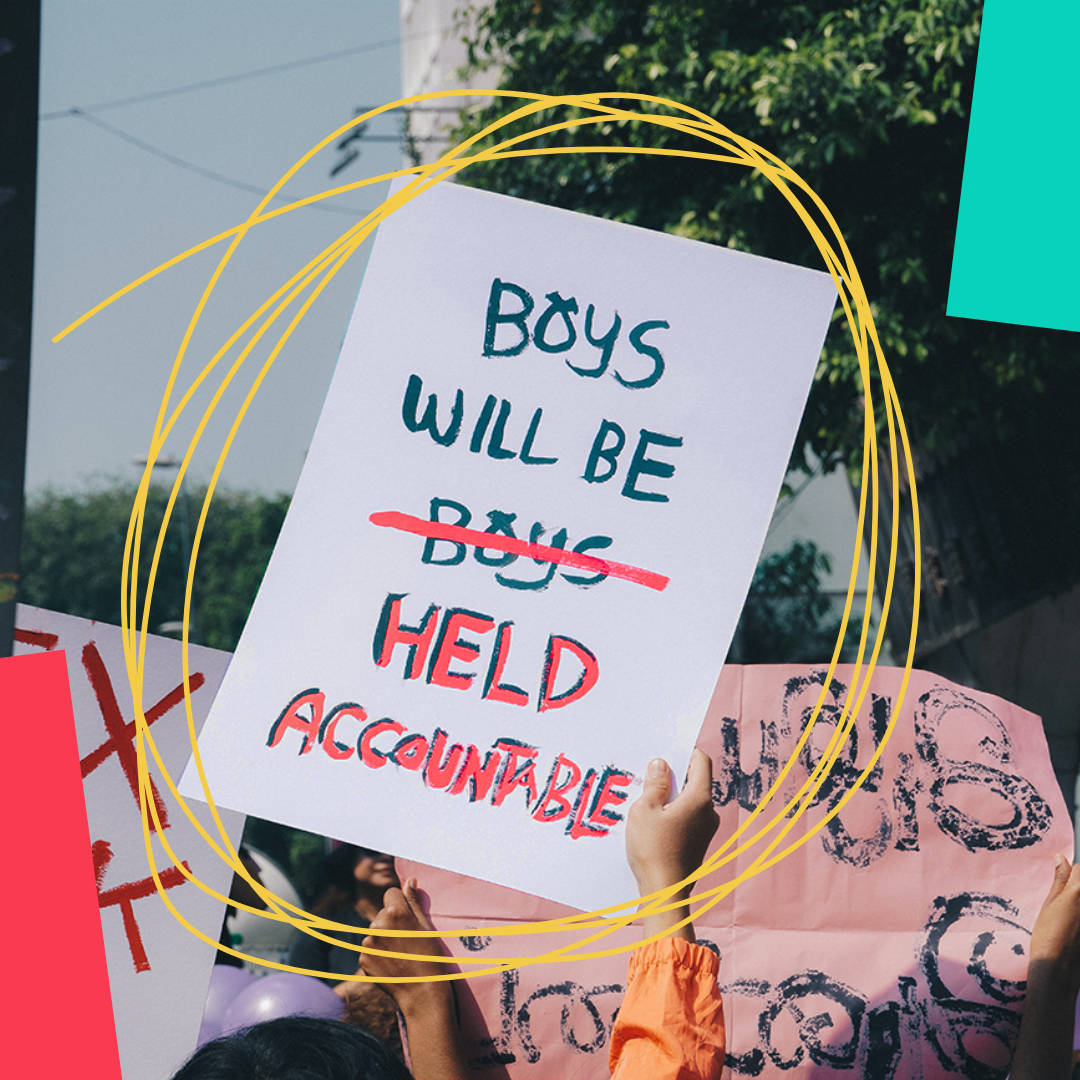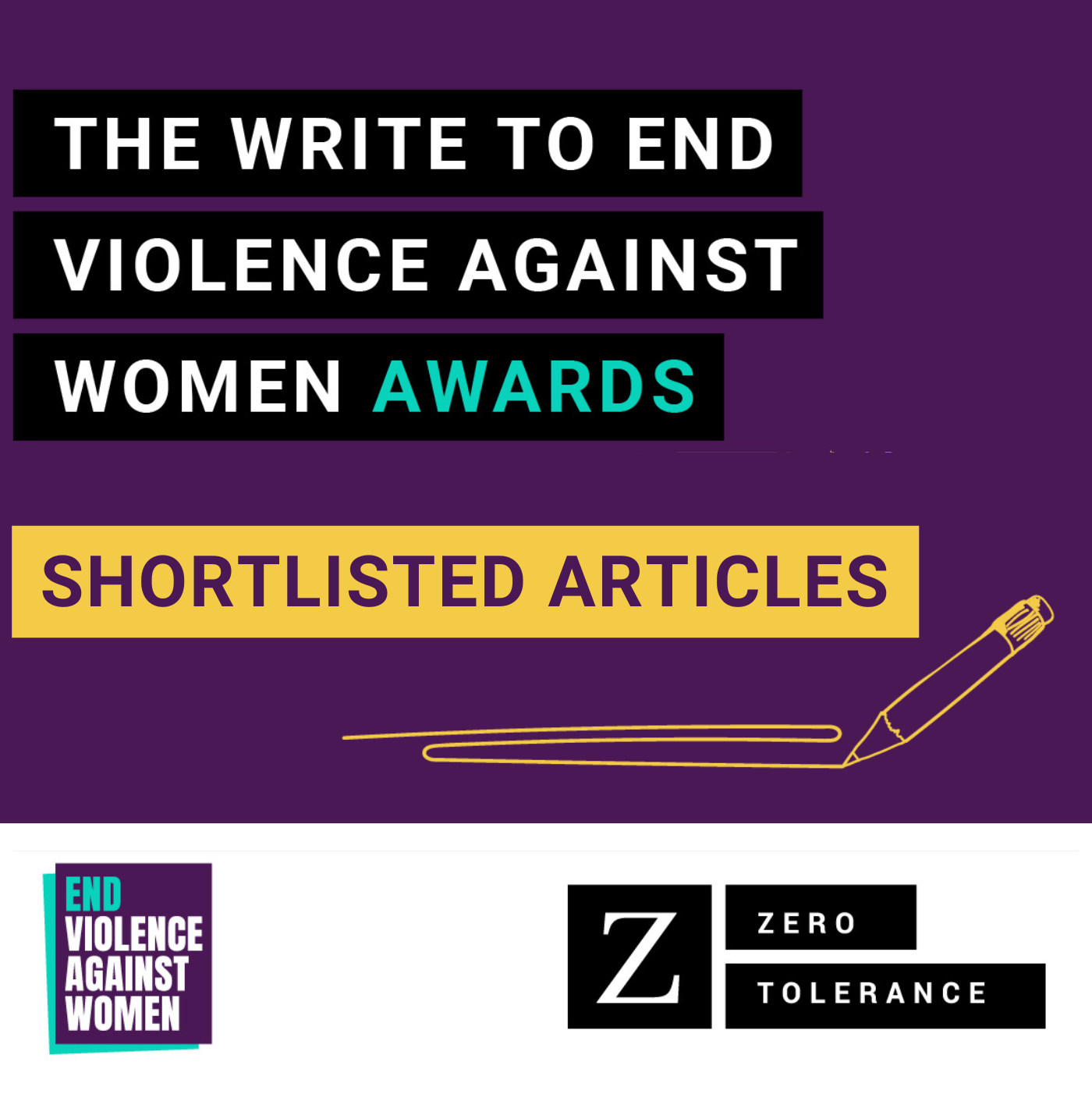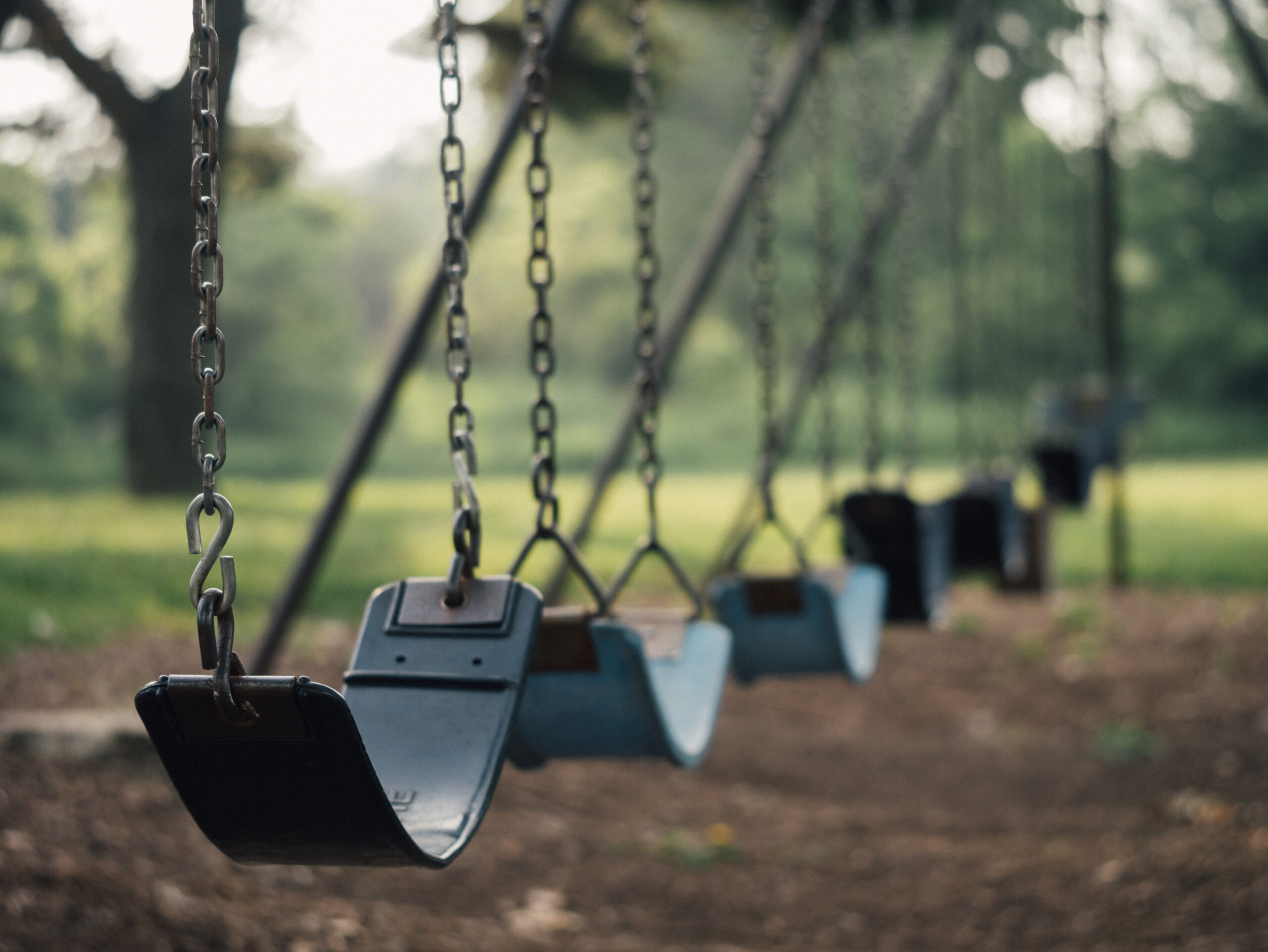 15 Nov
15 Nov
Sexual harassment in schools routine and unquestioned, warn experts
The End Violence Against Women Coalition (EVAW) is calling on the Coalition Government to urgently address violence against young women in UK schools in response to a poll of 16-18-year-olds finding alarming levels of sexual bullying, sexual harassment and unwanted sexual touching in schools.
A recent poll of 788 16-18-year-olds around the UK conducted by YouGov has found that almost a third (29%) of 16-18-year-old girls say they have been subjected to unwanted sexual touching at school, and nearly three-quarters (71%) of all 16-18-year-olds (ie boys and girls) say they hear sexual name-calling with terms such as “slut” or “slag” used towards girls at schools on a daily basis or a few times a week.
Professor Liz Kelly, Chair of End Violence Against Women, said:
“Not only is sexual harassment against girls at school is routine, everyday and unquestioned, our results show that sexual assault is in fact commonplace in school environments.
“Disturbingly, our results show that students rarely hear from their teachers that these behaviours are unacceptable. Schools are failing in their legal and ethical responsibility to effectively challenge all forms of violence against women and girls and provide safe and supportive environments for their female students. Unfortunately, it is clear that teachers are not being given the training and ongoing support they need to do this.
“Violence against women and girls in our communities will not be eliminated unless the attitudes that excuse and normalise these behaviours are challenged before they are formed. The EVAW Coalition is calling for prevention through education, led by the Department for Education, to be a priority in the Coalition Government’s forthcoming strategy to tackle violence against women and girls.”
Research from organisations working closely with schools, such as Womankind Worldwide in England and Zero Tolerance in Scotland, highlights the need for ongoing training and support for all school staff, and for a “whole-school approach”, where the prevention of violence against women and girls is embedded into all aspects of school ethos, policy and practice, including in the curriculum.
Professor Kelly added:
“The Coalition Government must also ensure that there is specialist support in the community to provide expert advice to schools and provide support to students who experience violence, such as Rape Crisis Centres. The current gaps in service provision must be plugged through proper funding.”
Key findings: End Violence Against Women Poll conducted by YouGov
All figures, unless otherwise stated, are from YouGov Plc. Total sample size was 788 adults. Fieldwork was undertaken between 4-11 October 2010. The survey was carried out online. The figures have been weighted and are representative of all 16-to-18-year-olds from the UK on age and gender.
- 71% of 16-18-year-olds say they have heard sexual name-calling such as “slut” or “slag” towards girls at school daily or a few times per week
- Close to one in three (29%) 16-18-year-old girls say they have experienced unwanted sexual touching at school
- Close one in three (28%) of 16-18-year-olds say they have seen sexual pictures on mobile phones at school a few times a month or more
- Close to one in four (24%) 16-18-year-olds said that their teachers never said unwanted sexual touching, sharing of sexual pictures or sexual name calling are unacceptable
- 40% of 16-18-year-olds said they didn’t receive lessons or information on sexual consent, or didn’t know whether they did
Legal obligations of schools to tackle violence against women and girls in schools
- 1. Schools have had a legal responsibility to tackle sexual harassment and violence against women and girls under their obligations to implement the Gender Equality Duty since April 2007 (Equality Act 2006). There will continue to be similar obligations for schools to under Public Sector Equality Duty under the Equality Act 2010.
- 2. The legal duty of schools to safeguard and promote the welfare of children is under Section 175 Education Act 2002.
Recommended ARTICLES
 15 Nov
15 Nov
 12 Nov
12 Nov
 08 Nov
08 Nov

